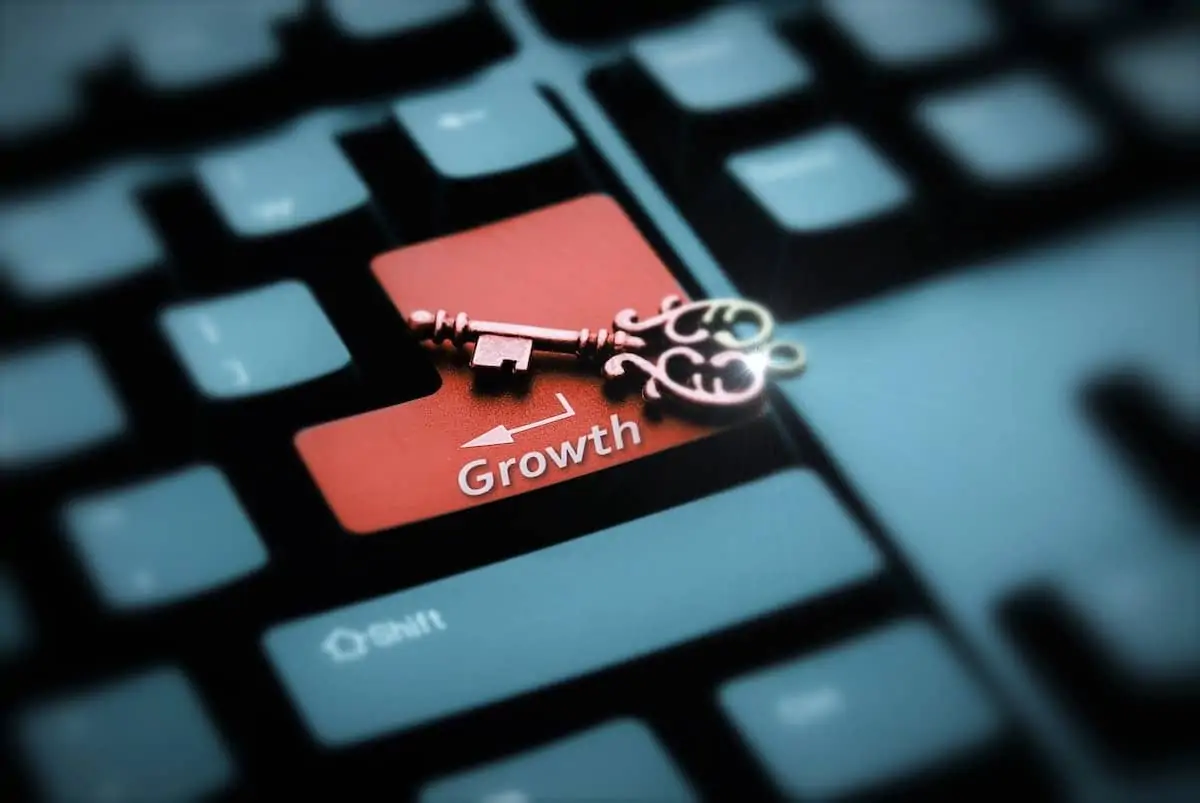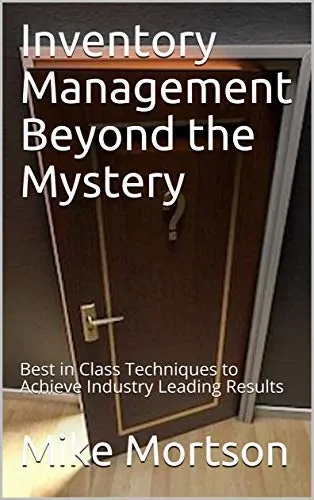Starting and growing a business is already a daunting task without even considering the Supply Chain construct needed to make the business run. But Supply Chain is such an integral part of any business that not giving it the attention it requires will certainly doom any business to failure.
To make this more challenging the expertise in most businesses lies in product development or marketing or sales. And the need for investment of limited capital is in these areas as well. Expertise and capital availability does not usually prioritize Supply Chain.
So what Supply Chain construct should you have that will enable your business to run, and grow, while at the same time acknowledging the lack of inherent expertise and capital funding in most businesses?
The Challenges
As we’ve articulated in our introduction there are competing demands for the limited resources and expertise in any business, particularly in startups and small to medium sized businesses.
On the one hand most of these businesses have an expertise in product or service development, in their ability to market this product, and the competitive advantage that these capabilities represent. The people who founded, or who run, the company tend to have experience in these areas and that personal expertise is the core of their differentiation, leadership and drive.
The founder of the company is an inventor, an entrepreneur, a visionary, a designer or developer, or even a marketing genius. Their expertise is the genesis for the company’s creation and development. But they are often not adept or experienced in the areas of Supply Chain. Even if it a Supply Chain type of business (eg. logistics, transportation) they often aren’t the subject matter experts in this area.
But to develop these wonderful new products and services, to bring them to market, to provide them to customers, to deal with market, industry and environmental forces, to manage cash flow and return on investment, all requires expertise in Supply Chain.
Without Supply Chain, the greatest products and services in the world, no matter how great their visionary leaders are, how much capital investment they have, and how great their prospects are, they will ultimately fail.
Why is Supply Chain So Important?
Supply Chain is so centrally important for startups and growing companies of all sizes because it touches virtually aspect of an organization and its breadth of business processes. Supply Chain is no longer just the necessary back office function that every firm has to use. It is very much the epicentre of the overall operations of any company.
Let’s start with product or service development. Suppliers for all materials and services have to be found, vetted, negotiated with, qualified, ramped up, tracked, managed, kept competitive and governed. That is the purview of Procurement.
Cash is king and cash flow management is the source of life, or the cause of death, of any company. Supply Chain oversees Inventory levels and Inventory turnover, Accounts Payable terms, the cost of goods and services, timing of cash inflows and outlays and which define cash flow.
Product or service pricing must deliver a level of profitability that will make a company viable and ultimately successful. While pricing may be market based the largest element of costs most often falls under the umbrella of Supply Chain.
Raw material and component costs, manufacturing costs, logistics and distribution costs, and channel costs are almost entirely managed by Supply Chain. Supplier costs must be negotiated, Logistics and Distribution operations must be optimized, and Manufacturing and Channel costs must be improved.
Overall business planning requires Supply Chain at its core. Supply/Demand management, Order management, ERP planning and parameter management, Inventory and Cash planning, Financial planning, and SIOP (Sales, Inventory and Operations Planning) are all critical elements of any organization.
The business processes and the systems that make this all happen and keep it all together are most often led by, or intricately involve, Supply Chain. From new product planning to reverse logistics and everything in between Supply Chain business processes are the lifeblood of any organization. This includes 3rd party relationships with material and service suppliers, logistics carriers, and channels of all kinds.
Service levels and customer performance are also largely controlled by Supply Chain. Order receipt, delivery commitments, and actual delivery performance are all Supply Chain led results.
So with Supply Chain being this important and exhaustive how does a new, small or medium sized growing company make all this happen? Investing in all of the resources, expertise, systems, processes and infrastructure needed to make all of this happen can be cost prohibitive, lengthy and problematic.
What Supply Chain Construct Should Startups Put in Place?
Organizationally every company requires some level of in-house expertise and leadership in Supply Chain. It is essential to have a leader with great strategic and tactical experience and vision. Specifically it is also important to have great Procurement leadership that is business savvy and great at relationship management.
So how do you solve the problem of having all of the necessary Supply Chain resources, processes, systems and capabilities while at the same time you don’t have the capital to fund all of this while at the same time investing in the core products and services that make your company a business in the first place?
Investing in every element to create a successful in-house Supply Chain function is not a viable business strategy for many companies. Nor is it necessary or practical. The future will see the proliferation of the Digital Supply Chain in order for anyone to be competitive. But that means even more investment in technology putting it even further out of the reach of anyone thinking they need this capability in house.
Supply Chain as a Service (SCaas) will become more prevalent in the future. While a company needs to have basic functions and capability most of the Supply Chain requirements to run a business can be acquired through outsourcing.
Critical Supply Chain functions that can be performed through outsourcing or contracting include, but are not limited to:
- Manufacturing
- Distribution
- Warehousing
- Procurement and Purchasing
- Delivery and Logistics management
- I/T infrastructure (eg. Hardware, Cloud computing)
- Software and software development
- Order management
- Call centres
- Data entry
- Facilities management
- Quality management
- …
The list of outsourcing options is vast and comprehensive. There isn’t much you can’t outsource. Gone are the days of vertical integration and trying to do everything in-house. Imagine having experts on hand to manage any number of these functions, along with all of their pre-established business processes, systems, and capabilities.
For a new and growing company, or for any company for that matter, this can be a viable option to support your vision and objectives. It can get you to market must faster which is always a competitive advantage.
But you can’t just outsource everything, or anything really, without retaining a process of oversight, performance management, and governance, to ensure that your outsource partners are meeting their contractual obligations and support your plans. You can’t just turn over the keys to someone else and expect everything to run smoothly. There will be bumps in the road that you have to navigate.
Based upon our experience there are several lessons in Outsourcing that everyone who is considering this strategy must take into account:
- Ensure you have a formal and active relationship management strategy to manage the tactical and strategic aspects of every outsourced relationship.
- You must have a code of conduct in place to ensure that your partner is abiding by all laws and ethical standards.
- Have a formal process of governance and performance management to monitor and address any performance issues and enable real time resolution. You can not relinquish total control.
- A formal contract must be in place to identify all terms and conditions of the relationship.
- Independent auditing must be performed to ensure compliance in all aspects of the relationship and to ensure that there are no breaches of integrity on either side of the partnership. Too often people can be tempted by the large amounts of money involved in a relationship.
- Have an active supplier qualification and selection process. Every partnership will not work out and you also need to ensure that your incumbent suppliers do not become complacent and lose their competitive edge.
Companies, especially those that are new, or small to medium sized, are often resource constrained in all respects: cash, people, skills, systems, processes, and infrastructure. But intelligent deployment of a SCaaS strategy through outsourcing can turn all of these constraints into established capabilities.
But never relinquish total control. And service providers are your partners but they are also suppliers. You must always retain a leadership role. Active leadership of an extended network of outsourced partners can provide an enormous advantage as your company deals with all the pains of starting up, growing, and surviving.


 EBOOK HERE
EBOOK HERE